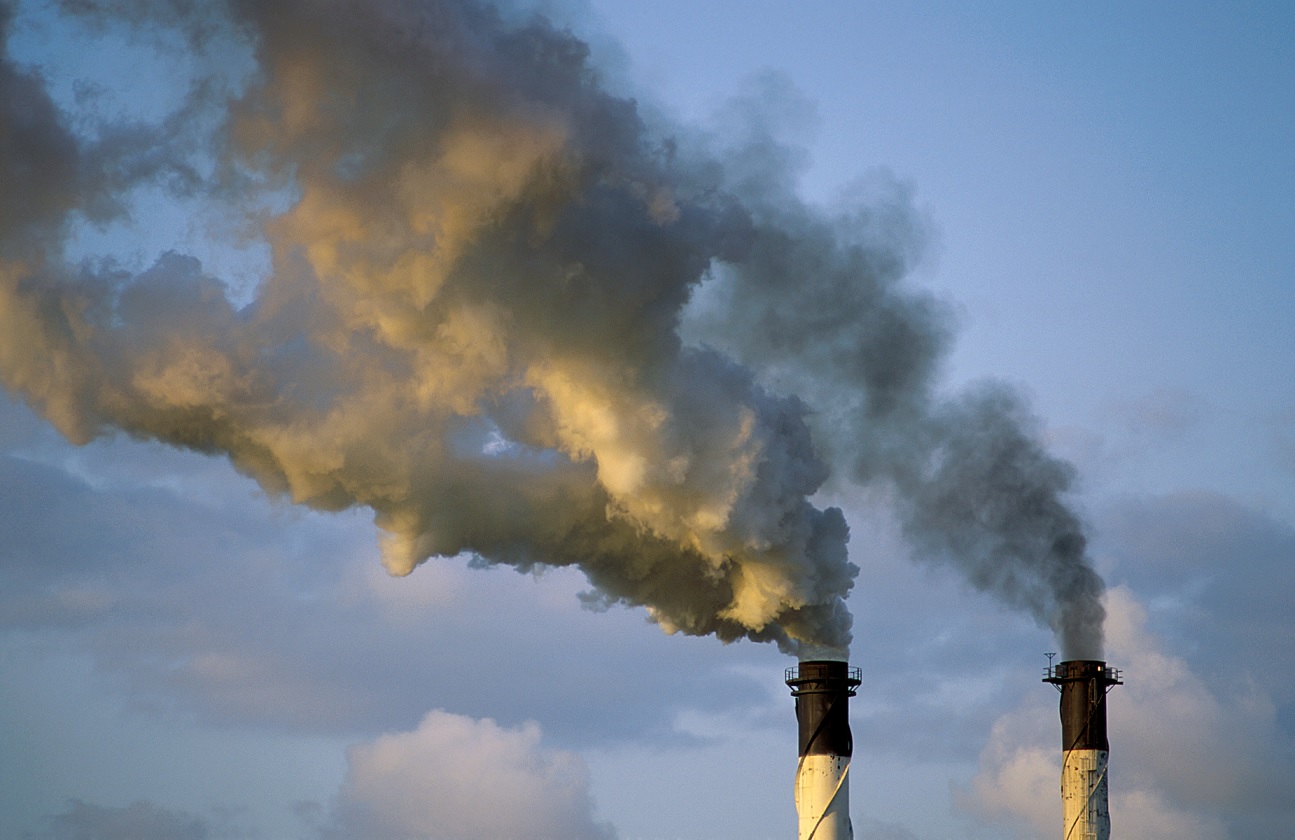The next few years will be important in the development of Nigeria and Carbon Credit.
Due to the increased number of large industries, combustible fossil fuels such as coal, power plant gas, oil, vehicles in Nigeria, the emission of carbon dioxide and other greenhouse gases has become alarming.
Carbon dioxide is a harmful gas to humans but essential to plants. It can linger in the atmosphere for a thousand years. An increase in the amount of carbon dioxide creates an overabundance of greenhouse gases that trap additional heat. This trapped heat leads to melting ice caps and rising ocean levels.
In other to reduce the rate of harmful effects of these gases, the Kyoto Protocol of 1997 and the Paris Agreement of 2015 laid out international CO2 emissions goals. With the latter ratified by all but six countries, they have given rise to national emissions targets and the regulations to back them.
With these new regulations in force, the pressure on businesses to find ways to reduce their carbon footprint is growing. Most of today’s solutions involve the use of the carbon markets.
The carbon market has successfully turned CO2 emissions into a commodity by giving it a price. These emissions fall into one of two categories: Carbon credits or carbon offsets, and they can both be bought and sold on a carbon market.
A carbon credit is a permit that allows the company that holds it to emit a certain amount of carbon dioxide or other greenhouse gases. One credit permits the emission of a mass equal to one ton of carbon dioxide. It’s aimed at reducing the emission of greenhouse gases into the atmosphere.
Carbon offset on the other hand is a certificate representing the reduction of one ton of carbon dioxide emissions. It is a way of balancing the scales of pollution. Offset schemes have been used successfully in the past to solve other environmental problems.
According to Bala Wunti, managing director of NAPIMS ( National Petroleum Investment Management Services), Nigeria has earned about €1 million from cutting carbon emission in its oil and gas production in joint projects between TotalEnergies and the NNPC subsidiary, the National Petroleum Investment Management Services (NAPIMS).
In May 2021, Total announced an ambition to get to net-zero emissions by 2050 together with society for its global business across its production and energy products used by its customers.
Through a joint statement developed between Total S.A. and institutional investors – as participants in the global investor initiative Climate 100+1 – Total said it would take 3 major steps towards achieving this ambition.
These include Zero across Total’s worldwide operations by 2050 or sooner, Net Zero across all its production and energy products used by its customers in Europe by 2050 or sooner, 60 percent or more reduction in the average carbon intensity of energy products used worldwide by Total customers by 2050 with intermediate steps of 15 percent by 2030 and 35 percent by 2040.
Since Total and NNPC has taken the first step in Nigeria, it will be good for other top organizations in Nigeria to follow suit. With this development, it is hoped that the reduction of CO2 in Nigeria will be swift.

